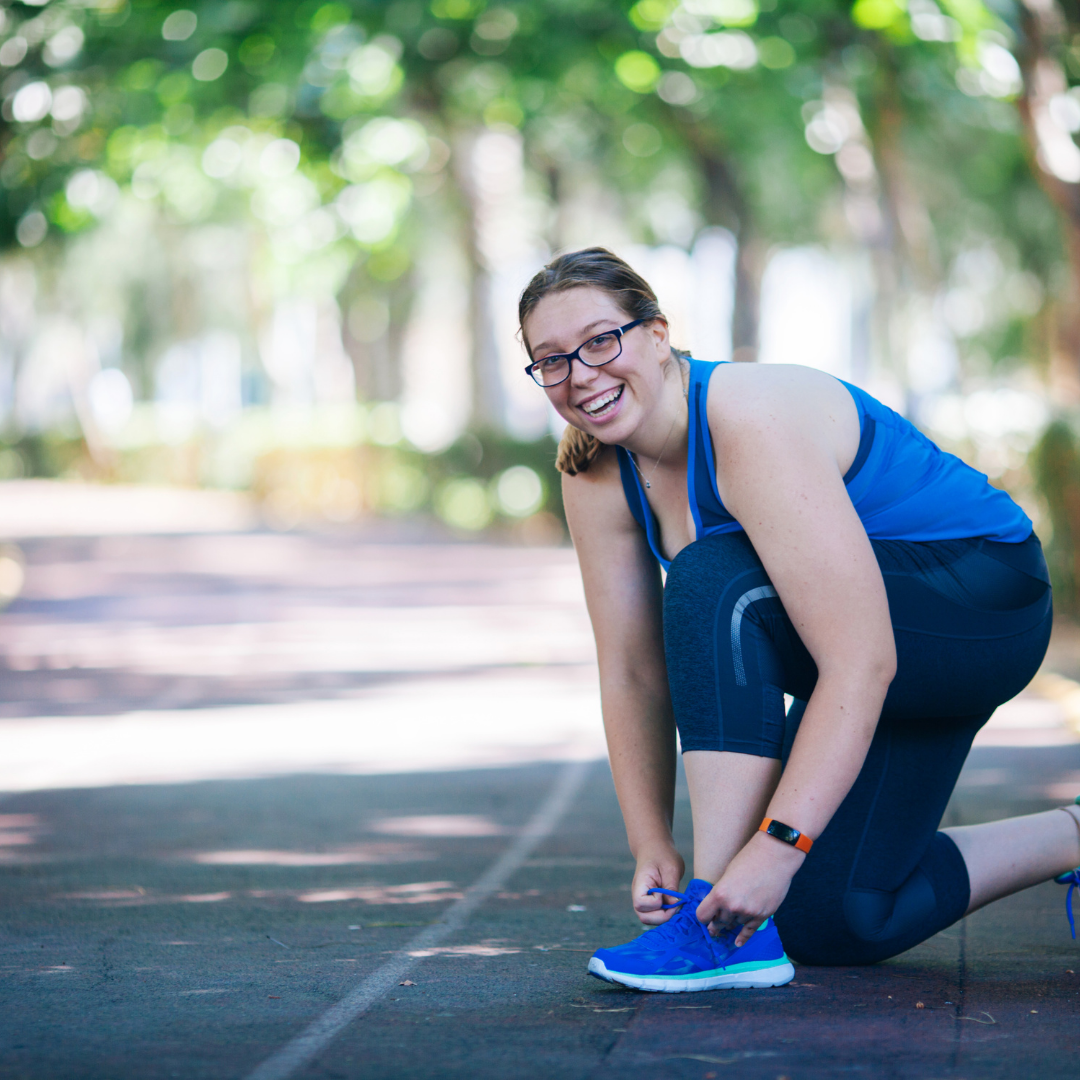
A Guide to Postnatal Running - by Physio Claire Callaghan.
I remember when I had my first baby: I was so keen to get back to being ’my old self’. Being active and meeting other mums was a huge part of that. I only wish TMR had been around then! But when is it ok to start running? how quickly should you progress? Starting too early, doing too much and not strengthening before starting can cause problems. It can leave you feeling despondent, as though you have failed, as well as unable to continue. I’ve outlined the official guidance endorsed by the British Journal of Sports Medicine, Chartered Society of Physiotherapy and Association of Chartered Society of Physiotherapists in Sport and Exercise Medicine. It’s also recognised by and aligned with the UK Chief Medical Officer’s advice. It’s designed to help and support women as they get back to exercising and socialising post baby.
Thinking about being active post baby.
Being active after a baby will help you stay mentally and physically well. If you build up gradually, it’s safe. This infographic outlines some key benefits of being active, as well as some things to consider.

When can you start?
12 weeks post birth is the earliest recommended time to return to running. It's advisable to gradually progress your activity up to running, rather than just lacing up your trainers and setting off. After all, it’s taken 9 months of pregnancy, the birthing process and a busy time with your new baby to reach this point. This infographic outlines the key things to think about at different stages on your running journey.

You need a review and personalised guidance from a specialised Physiotherapist if you:
- have had a caesarean section - this is major abdominal surgery. Not only have your abdominals and pelvic floor been stretched and under pressure for 9 months, they have been cut through and weakened. Specialised exercises are needed to strengthen the abdominals and pelvic muscles and give you the support you need to lift and carry your baby (and the baby related kit!).
- Pelvic floor pain or leakage, episiotomy concerns and pelvic organ prolapse. The pelvic floor undergoes trauma during the birth process, and some people have a tough time. Tears and episiotomies mean that the pelvic floor takes longer to recover, and a prolapse (where one or more of the pelvic organs have descended down to at least the vaginal opening) is not uncommon at the 3-6 month mark. High impact exercise can be problematic and painful. If you think you have these issues or leakage, see a Women’s Health Physio and get it sorted before beginning running.
For my Active Woman’s Guide to the Pelvic Floor, see here
- have a significant rectus diastasis (separation of the abdominal muscles)
- had a post partum haemorrhage
- are new to exercise and want to do things safely and effectively
- want to exercise to manage weight but also ensure you have enough energy to care for your baby and/or continue breastfeeding, work and take care of your family. We have tips to help you manage energy needs without constantly reaching for sugar and caffeine.
- have pain or an injury
- plan to return to doing high level or elite sport
What about buggy running?
Running with a buggy is not recommended until at least 6 months postnatally. Running with a buggy, especially one that’s marketed specifically for that purpose, seems like a logical idea. However, it can place a lot of pressure on your lower back and pelvis. This area, and the structures attached to it, like tummy muscles and your pelvic floor, are simply not ready to take the combined load of running a
fast-moving buggy (carrying a ‘weight’). It might not be the smoothest ride for the baby either. Best to do a relaxing jog on your own in the early months. A knowledgeable Women’s Health and Sports Physio can also guide you towards a graduated return to running. They can check your abdomen for signs of diastasis (separation of superficial abdominal muscles), pelvic floor issues and running gait. They can discuss considerations such as breastfeeding and mental wellbeing, practicalities of return to running, such as the supportive pants, sports bras and ensuring you have enough energy to exercise. Their specialised, scientifically based academic training, understanding of physiology and childbirth and links with other healthcare professionals means you are in safe hands. The TMR Run30 app is an excellent, research based and trustworthy guide to help you run up to 30 mins. It takes you through a clear step by step process to help keep you injury free and build confidence with exercise. My research in this area clearly showed that to exercise postnatally, you will need support and encouragement from others. Enlist the help of family, friends and the wider TMR community to help you.
